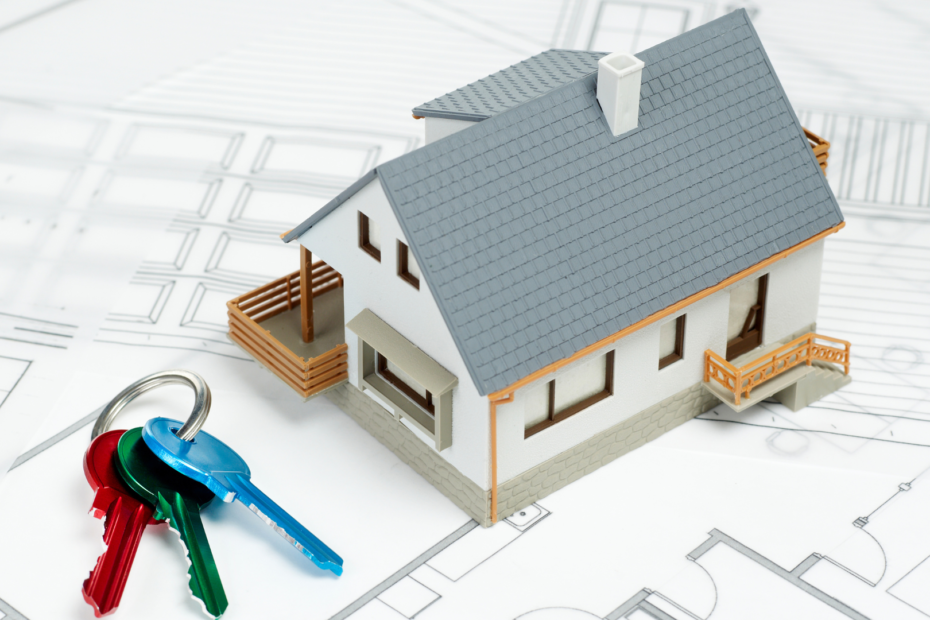Are you tired of constantly grappling with the question of whether to buy or rent a home? Well, look no further! In this blog post, we’ll dive deep into the housing market and provide you with all the information you need to make an informed decision.
From comparing rental prices vs mortgage rates to exploring the pros and cons of each option, we’ve got you covered. So grab a cup of coffee and get ready to navigate your way through one of life’s biggest decisions – should I buy or rent?
What is the Housing Market?
There’s a lot of discussion about whether it’s better to buy or rent in the housing market, but what does the research say? In this blog post, we’ll take a look at some of the latest data on home buying and rental rates to help you decide which option is right for you.
First, let’s take a look at how much money you’ll save by buying a home versus renting. According to The Huffington Post, “the average homeowner saves $1,487 every year in mortgage interest and property taxes.” Meanwhile, “the average renter pays $1,863 annually in rent alone.” That means that over the course of 10 years, homeowners will have saved almost $17,000 while renters will have to spend over $24,000!
But what if you want to stay in your home for more than 10 years? In that case, owning may not be the best option for you. Over 30 years, homeowners lose an average of 26% of their initial investment (assuming they keep up with repairs), while renters only lose an average of 8%. So if you’re worried about losing money over time then renting may be a better option for you.
Renting also comes with some other benefits. For example, according to ApartmentList.com renters are more likely than homeowners to move because they can’t find a suitable place to live or because they’re switching residences within their city or state.
When looking for arguments in favor of buying a home, it’s important to consider the pros of buying a home in a community, like East Gate from McKee Builders (or something similar). In these cases, beyond mere property ownership, you can gain access to a plethora of amenities that can significantly enhance your quality of life. And as these amenities thrive and improve, so too does the value of the properties within the community, making buying a home a smart investment choice as well. That said, it’s important to weigh all the pros and cons and think ahead when making this decision.
The Pros and Cons of Buying a Home
When you look at properties to buy, there are plenty of factors to consider in order to attain the most value from your purchase. And these may depend on what you expect from them. If you want to enjoy a peaceful and tranquil surrounding, you may want to look at some of these Lowcountry Real Estate homes. Similarly, if you’re on the lookout for a highly urban setting, you may want to check out properties in the heart of the city you want to move to.
That being said, there are pros and cons to either buying or renting a home. But in the current market, it’s harder than ever to determine which is the better option. To help make sense of the housing market, here are some reasons to buy a home:
1. Flexibility and Stability:
Owning a home gives you stability in your life in terms of where you live and the type of neighborhood you reside in. Plus, there are various house options available, similar to custom homes built for you, where you can make your dream home a reality. You can have the freedom to design it exactly how you want, tailored to your own tastes, needs, and preferences. Additionally, owning a house can provide you with financial security if something happens to your job or finances.
2. Tax breaks:
Buying a home generally offers more tax breaks than renting does. For example, you may be able to deduct interest on your mortgage, property taxes, and charitable contributions made towards your home from your taxable income. You may also be able to exclude part of your gain on the sale of your home from taxation if you have owned it for at least two years and used it as your principal residence during that time period.
3. Equity:
When you buy a house, even if it’s just a starter home, you typically end up with some equity in the property which can be used for emergencies or other expenses down the road. This equity can also provide some financial cushion if you decide to sell later on and find that the market value of your house has decreased since you bought it.
Pros of Renting a Home
There are many pros to renting a home over buying one, including the following:
- Renting is often less expensive than buying.
- Renting allows you to live in a home while it’s still being paid off, which can save money in the long run.
- Renting can be more flexible than buying, as you can move if you find a better deal or if your needs change.
- If you’re not able to keep up with the rent payments, you can always terminate your lease and become responsible for your security deposit and any other associated costs.
Cons of Renting a Home
There are also several cons to renting over buying, including the following:
- If you need to move quickly, renting may not be the best option because it takes longer to find a new home and negotiate lease terms.
- If you have bad credit or no credit, leasing might not be an option for you due to stricter lending criteria.
- It can be difficult to predict whether or not the housing market will continue to increase in value, which could impact your ability to sell or refinance at a later date.
Despite recent volatility in the housing market, it is still important to weigh all of your options before making a decision. Buying a home can be an incredible investment, but also comes with risks. Renting may be more affordable in the short term, but could end up costing you more in the long run if you decide to move. It’s important to do your research and understand all of your options before making a choice. Thanks for reading!

